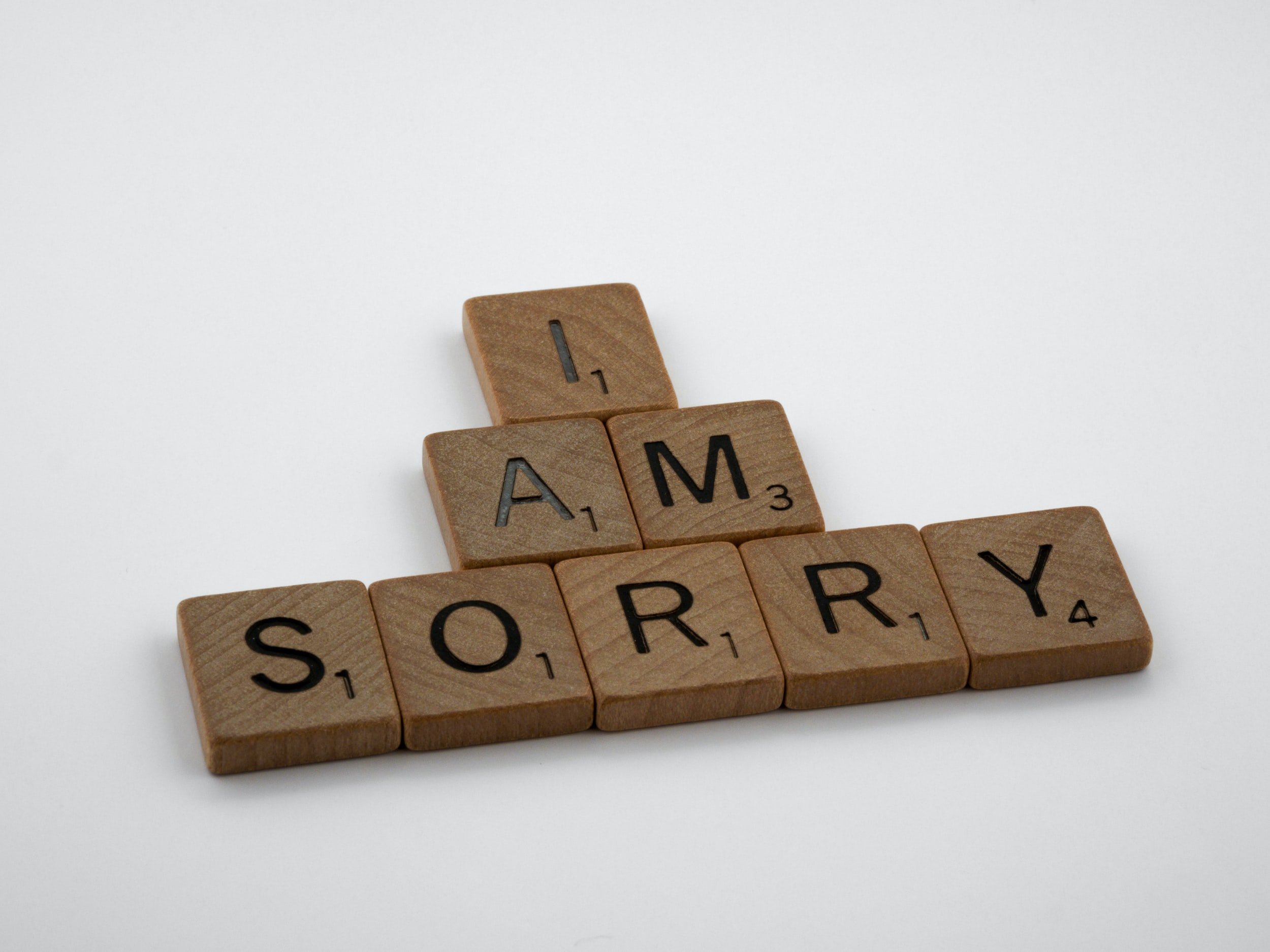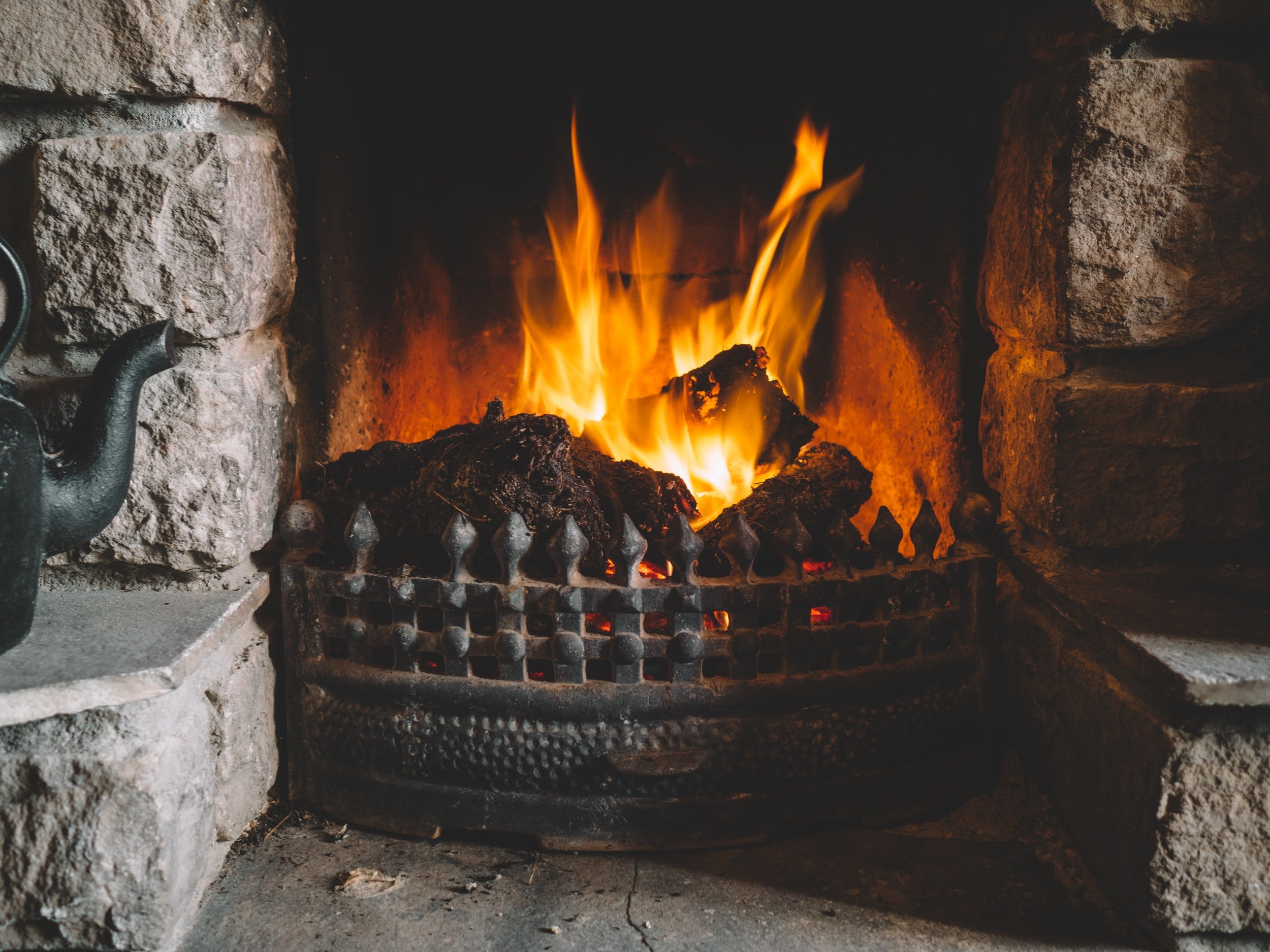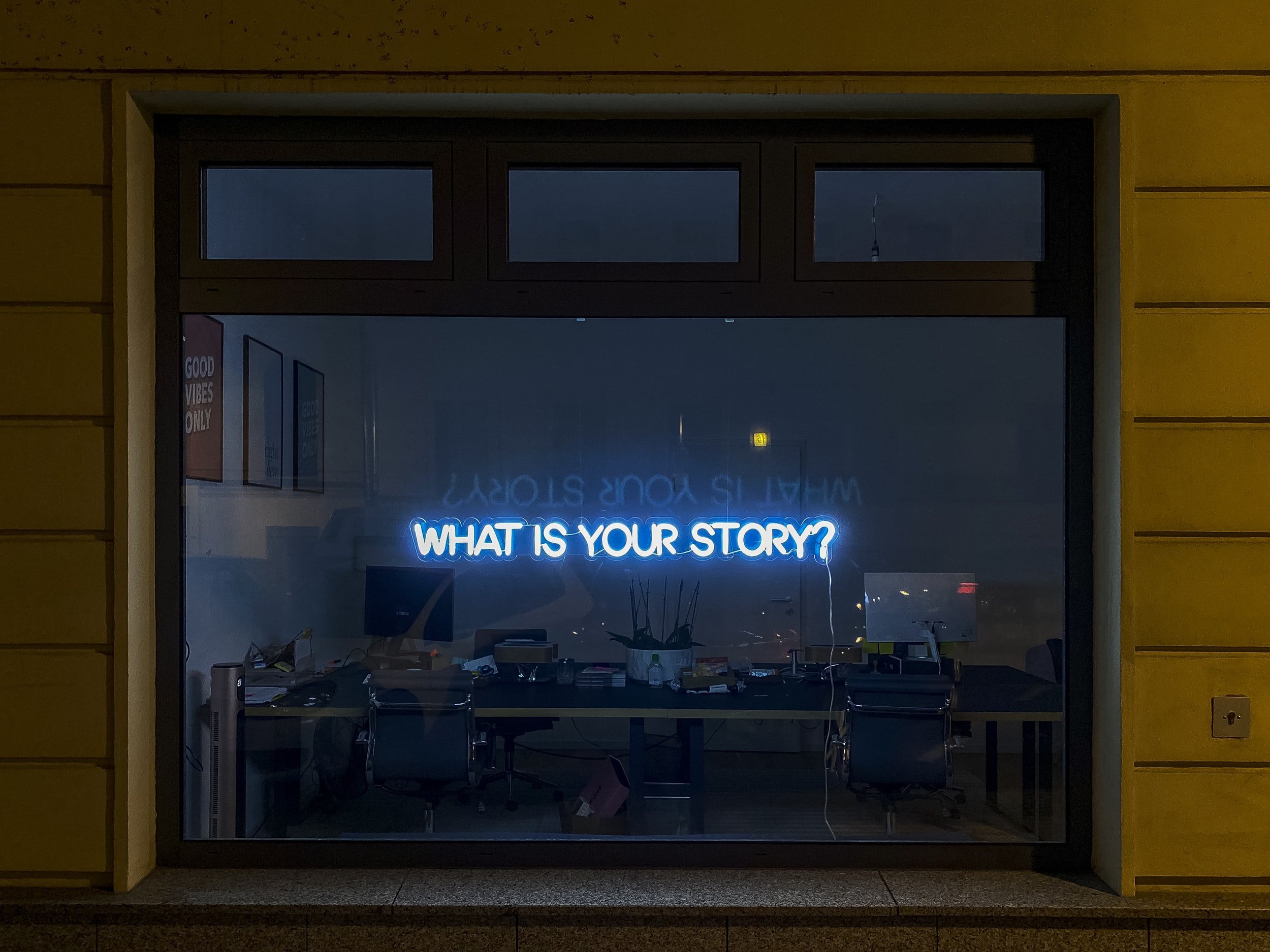In my wide-eyed college years, just on the cusp of earning a lucrative degree in English Lit, I discovered the mesmerizingly charged Black feminist writer Ntozake Shange. Up until that moment, my syllabi were littered with irksome white men. You know the sort: Walt Whitman, T.S. Eliot, F. Scott FItzegerald. I adored them, but only because I didn’t know better. The map of my early education wended through lush-yard suburbia, mansioned boulevards, and the occasional nature scene. White men empowered a once-meek, ever-apologizing me to articulate my thoughts unabashedly (albeit awkwardly and too often in stumbling verse). It was liberating.
At the age of 21, Shange pointed to me and told me to sit down, shut up, and listen. Her 1982 novel, “Cypress & Indigo,” was bewilderingly foreign, cresting in unapologetic depictions of the reality in Black America. It was often bleak, always challenging, and painful. I could not relate.
This was especially problematic because my “default” literary analysis leaned heavily on personal perspective. What jumped out at me? What struck a chord and why? What was the writer trying to accomplish?
With Shange, I confess I had little to gone on. Too much was “other” to me — and that made me uncomfortably guilty. It hardly mattered whether I was the cause of my whiteness or the root of my privilege (and the oppression that came with it). It simply mattered that I could not understand her.
I wanted to apologize. Profusely.
If memory serves, the “I’m sorry” reflex came out in my first reflections on the book. You could hardly say they were analyses — more protracted mea culpas. A bumbling explanation for why I had missed an entire history, an entire people. And why, baldly, I had nothing helpful to say.
Shange isn’t the only one who’s put me on my heels. Many have called me out for my laziness, my complicity. Ignorance is no excuse, they chided. You should push yourself far enough outside the white man’s den to see a bigger, rougher world. And then, you should do something to make it better.
Fittingly, Shange wrote a poem about apologies — and I swear to God she was talking to me:
“one thing I don’t need
is any more apologies
i got sorry greetin me at my front door
you can keep yrs
i don’t know what to do wit em
they don’t open doors
or bring the sun back
they don’t make me happy
or get a mornin paper
didn’t nobody stop usin my tears to wash cars
cuz a sorry.”
I hear it; I hear her. And I see the pointlessness of apologizing in the face of such egregiousness, such hurt. Yet it continues to be my reflex — not just for cultural or societal issues in which I might have been an unwitting accomplice, but for simpler things, things closer to home.
Now, I find that I do it preemptively. “Perhaps,” my mind swirls, “there is something you’re missing or will miss. You may offend someone by not acting according to knowledge you haven’t gathered. Start with an apology to be safe — then rectify.”
There are two problems with this. If you’re standing in Shange’s shoes, a “sorry” does nothing — actions speak louder than apologies. And if you’re just about anyone else, the false contrition becomes empty after too many sorrowful refrains, rendering future apologies meaningless. It’s “boy cried wolf” to the Nth degree.
There’s something even more troubling about it, however. On the one hand, it suggests an absolute lack of faith in my own ability to do the right thing. An early apology sets the stage. On the other hand, it seems more of a “hedge your bet” protocol: I may be able to do the right thing, but no guarantees. Better to apologize first, then surprise with successes later.
To put it more bluntly, my overwrought apologies are a way to lower the bar so it’s easier to jump over it. Not only will I be able to easily hit the mark, but I will earn the favor of others for being successful. And as anyone who knows me will attest, I’m forever seeking external approval. (It’s unhealthy, I know, and I’m working on it.)
The worst part about this is the anemic action I sometimes take as a result of bar-lowering. I can do more, should do more, am capable of doing more. But when a circumstance exists far outside my worldview, I too easily settle for less as soon as affirmation is secured.
Fortunately, this is not the norm. I often find I’m better able to excel when I know I can easily clear a low bar. When the bar is high, I falter from stress and self-berating negativity. In the former case, I hit a high mark; in the latter, I hit the mark, but with significant struggle — and with plenty of apologies to go around, just in case I fail.
What’s my point in all of this? To shine a spotlight on my unhealthy addiction to apologizing. To understand where it’s coming from and change course. To remind myself that there are times when I have done something wrong that deserves an authentic “I’m sorry,” and times when an apology registers as nothing more than persistent white noise.
Worst case scenario: I staunch the salve of apology to such an extent that even authentic contrition is poorly received, resulting in damaged relationships. Best case scenario: I reverse course, remain conscious of my apologetic refrains, and earnestly work to act toward solutions, not external validation. Authenticity and honesty lead the way.
As they say in AA, the first step in overcoming addiction is to acknowledge it. Let this be that step. And for those who struggle with similar addictions, I hope this inspires a shift from apology to confidence and action.










